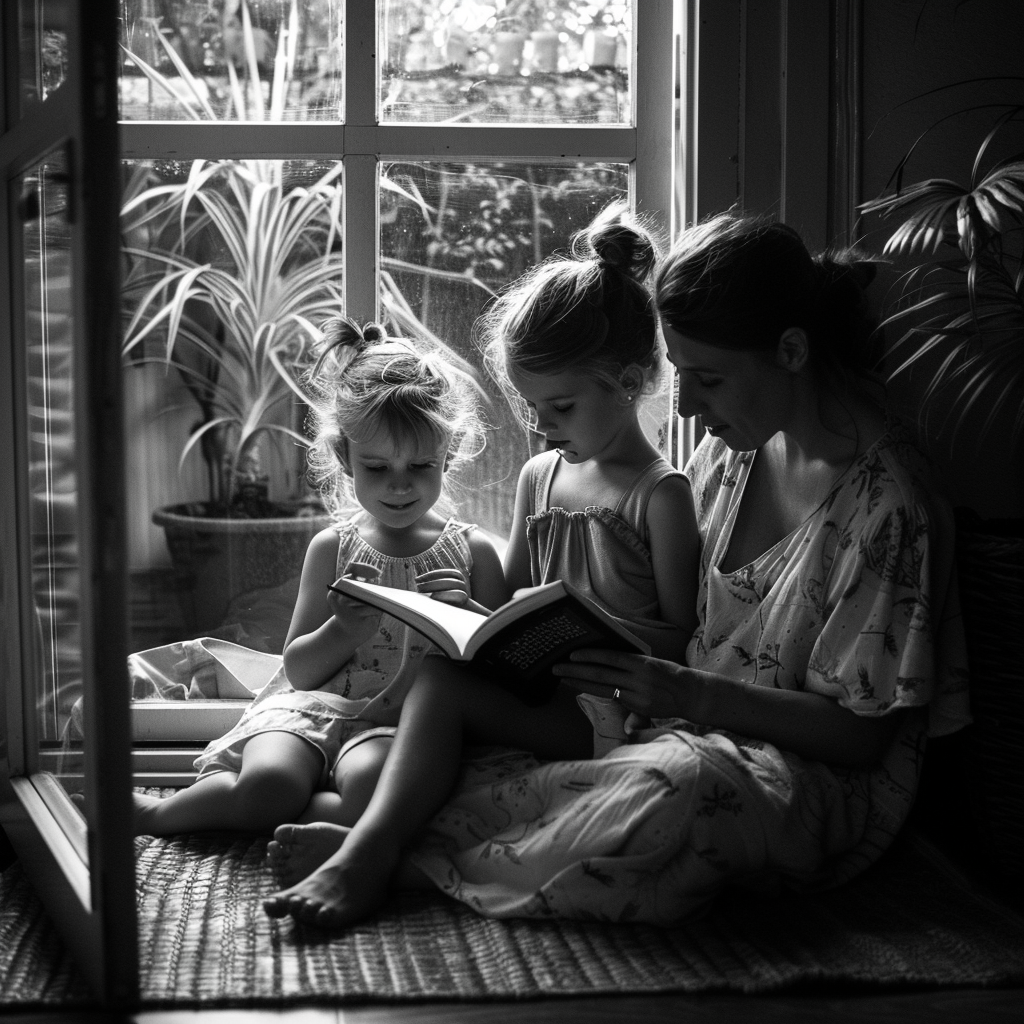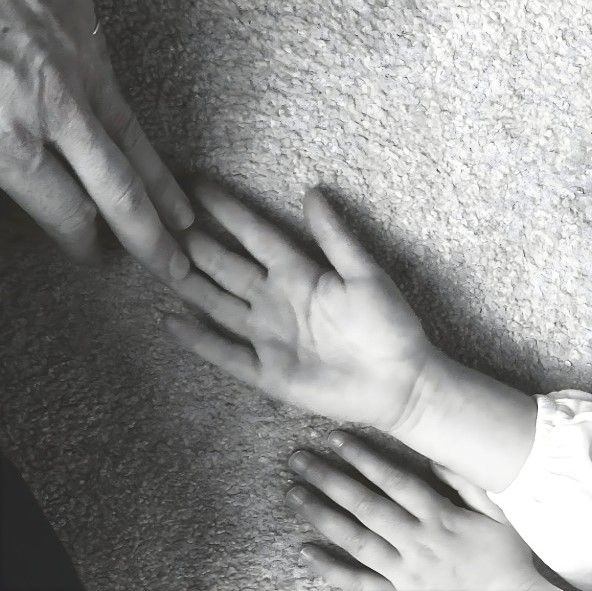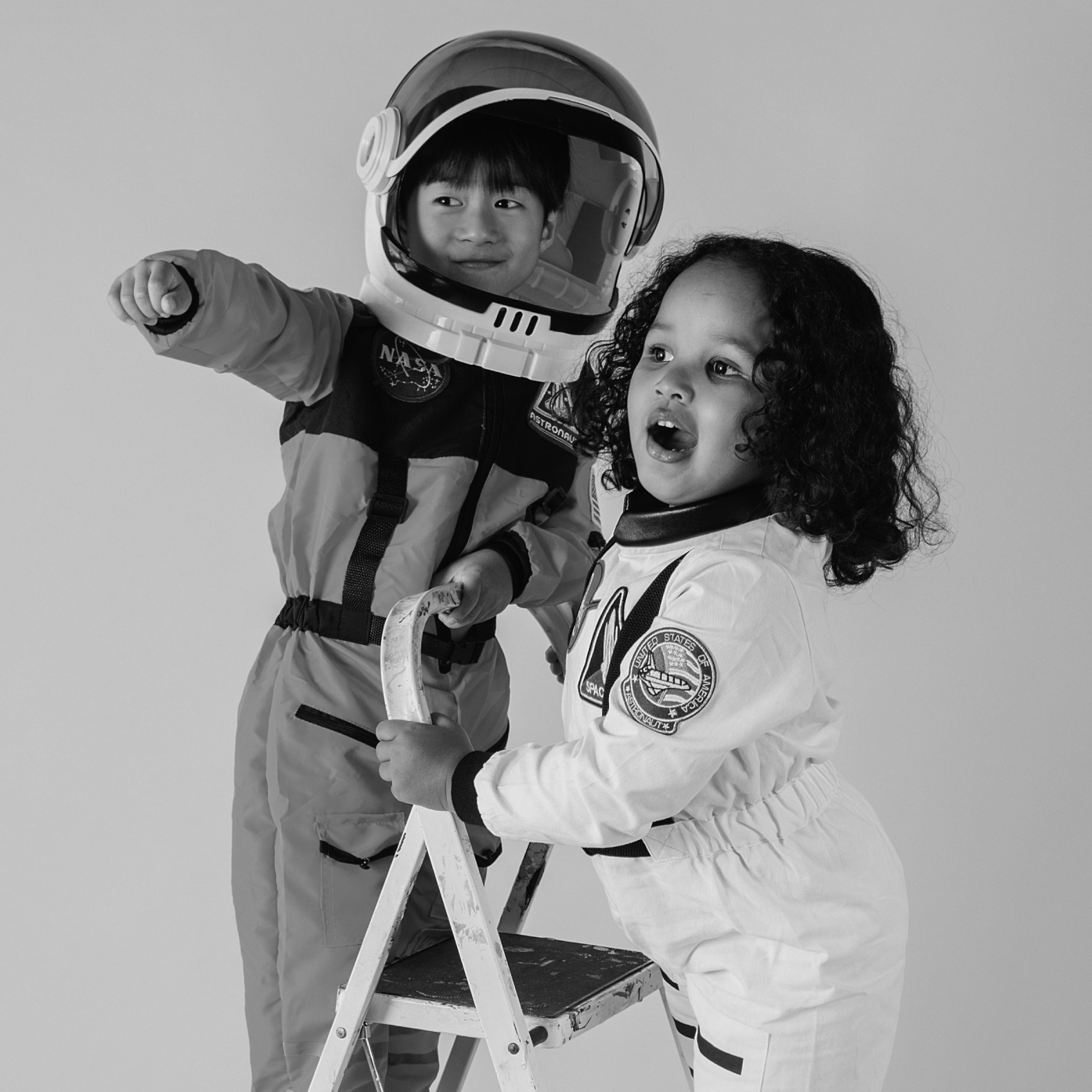
MENU
On this blog, we will publish posts about cognition and attention, the latest scientific developments around them, technological breakthroughs that impact them, or updates about our own progress here at Lifeverse!
On this blog, we will publish posts about cognition and attention, the latest scientific developments around them, technological breakthroughs that impact them, or updates about our own progress here at Lifeverse!



Distractions were crucial for the survival of our species, helping us react quickly to potential dangers. However, in today’s world, constant notifications hinder our ability to maintain prolonged concentration. In this article our expert emphasizes Cal Newport’s concept of a “deep life” about the importance of focusing on tasks with minimal distractions, whether it’s work or personal activities.
Our working memory, powered by the prefrontal cortex, is essential for planning, organizing, and reasoning. Despite this capability, we often fall short of our goals due to interruptions like notifications. The author shares a personal experiment of limiting WhatsApp usage to reduce stress and improve presence with their daughters, and highlights the importance of managing distractions to enhance productivity and presence.



On this new post our expert explores the concept of attention from a multidisciplinary perspective, pondering its definition, measurement, and significance. It suggests that attention is akin to love, both for oneself and for others. Attention, when fully engaged, enhances experiences and facilitates deeper understanding.
The article draws parallels between attention and acts of caring, such as listening to loved ones. It argues that true attention is essential for experiencing and expressing love. Ultimately, it proposes that exploring attention is synonymous with exploring the capacity for human love, both self-love and love for others.



This article explores the unique types of attention parents develop, particularly those dedicating substantial time to their children. Identifying two distinct attention modes—focused and rote—the author reflects on the challenges and engagement levels associated with each. Drawing from personal experiences, the author discusses the pursuit of achieving a state of “flow” with one’s children, akin to the immersive state described by psychologist Mihaly Csikszentmihalyi.
The narrative also touches on concerns about diminishing self-regulation in a screen-dominated world, referencing a study’s findings on the impact of screens on children’s self-control.



In this new article our expert reflects on the natural parental fear of their child falling ill and shares a shift in perspective towards sickness. Instead of solely worrying, our expert sees it as an opportunity to listen to their body, be present in the moment, and understand the concept of care.



We shared a personal experience with a five-year-old children, exploring the art of observation and learning through a simple carrot. Embracing Feynman’s approach and impactful lessons from “What Do You Care What Other People Think?”, we aimed to make learning enjoyable and engaging. We highlighted the significance of understanding beyond names—embracing the curiosity to observe and explore. Join us on this incredible journey of exploring the wonders of how the brain learn!



The statements “Everyone knows what attention is” (James, 1890) and “No one knows what attention is” (Hommel et al., 2019) may seem contradictory, but they can coexist. William James refers to a common, intuitive understanding of attention, seen in everyday phrases like “give me attention.”
On the other hand, Hommel and colleagues highlight the evolving and sometimes contradictory scientific accounts of attention. While lay individuals agree on what attention is, scientists can have ongoing debates.



How can caregivers master the art of observing children? What can we learn by simply following a child’s natural instincts and development? And how does that challenge traditional approaches to education?
This blog post offers some thoughts and reflections from parents, a Montessori guide, and a paediatric neurologist on these questions!


Distractions were key to the survival of…
Education
17 May

At Lifeverse, we think about attention constantly.…
Reflections
9 Apr

I'm trying to understand the type of…
Education
6 Mar

“Everyone knows what attention is” (James, 1890)…
Science
12 Jan

My daughter loves puzzles. She loves…
Education
13 Dec


My daughter loves puzzles. She loves…
Education
13 Dec

“Everyone knows what attention is” (James, 1890)…
Science
12 Jan

I'm trying to understand the type of…
Education
6 Mar

At Lifeverse, we think about attention constantly.…
Reflections
9 Apr

Distractions were key to the survival of…
Education
17 May
 Load More
Load More
If you have an interesting idea that relates to attention, or if you do research on attentional processes and would like your work to be featured on our blog, please reach out – we are always happy to collaborate with brilliant minds from across fields and disciplines!
 Pitch us a blog idea!
Pitch us a blog idea!